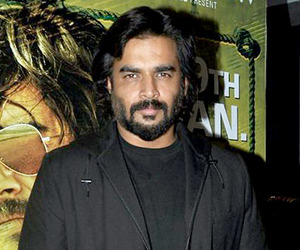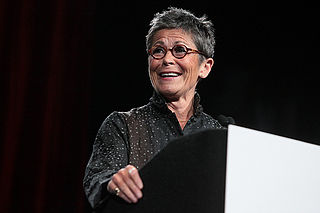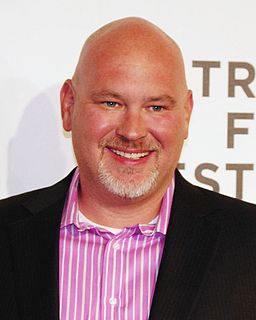A Quote by Thomas Watson, Jr.
The future regulatory arrangements for the newspaper industry need to be done in a much calmer deliberative way, in slower time when we've got beyond this media firestorm.
Related Quotes
If you say actors have a social responsibility to do things, you are right, in a way. It's a wishful decision. But if it's done out of force, I don't think it will accomplish anything. Everybody starts counting how much work they have done and see if they have done their due for the week. That is not social service. You need to go way beyond that.
A lot of the things I've done for charity and the money I've given will never be talked about in the media. I'd rather it be that way, because I don't do it for the media. Of course, having celebrities and media there at events helps bring attention to the need, but seeing the looks on peoples' faces when they receive help is why I really do it.
Progress has brought us both unbounded opportunities and unbridled difficulties. Thus, the measure of our civilization will not be that we have done much, but what we have done with that much. I believe that the next half century will determine if we will advance the cause of Christian civilization or revert to the horrors of brutal paganism. The thought of modern industry in the hands of Christian charity is a dream worth dreaming. The thought of industry in the hands of paganism is a nightmare beyond imagining. The choice between the two is upon us.
There are two races of people -- men and women -- no matter what women's libbers would have you pretend. The male is motivated by toys and science because men are born with no purpose in the universe except to procreate. There is lots of time to kill beyond that. They've got to find work. Men have no inherent center to themselves beyond procreating. Women, however, are born with a center. They can create the universe, mother it, teach it, nurture it. Men read science fiction to build the future. Women don't need to read it. They are the future.
A tobacco industry has been a fairly linear and predictable industry. You know what's going to happen every year. You know from time to time you are going to have a tax increase, you are going to have regulatory restriction, but, as it applies to everybody, I think we are doing very well. But now it's much more technology-driven. Competitors other than our traditional competitors can come in, whether legitimate or fly-by-night ones, and you have to anticipate all those things. The whole organization has to gear up to this new reality and these new competitive rules around it.
We had lead emitted in gasoline and in paint, painting generations of housing for an entire century, practically, before it was regulated. That's what I'm talking about, is that we have a regulatory system that is biased to protect profit and not to protect people. We need a much more precautionary and proactive regulatory system that is not influenced by the revolving door.


































